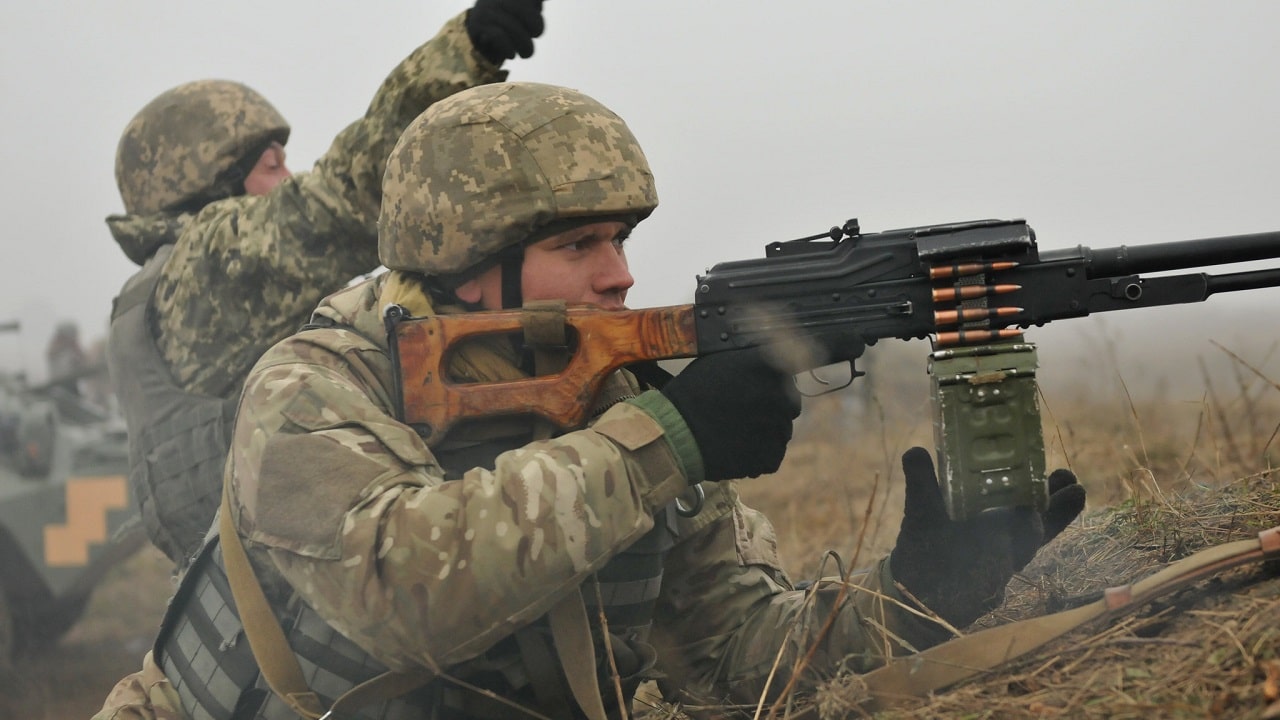Russian Journalist Protest – Maria Ovsyannikova, an employee of the Russian state-owned Channel One TV channel, was reportedly interrogated for 14 hours after she interrupted the main news program on the show on Monday by holding up a sign protesting Russian President Vladimir Putin’s invasion of Ukraine.
Ovsyannikova, an editor at the channel, burst onto the set during a live broadcast, shouting, “Stop the war, no to war!”
The sign she held read: “Don’t believe the propaganda. They’re lying to you here – Russians against the war.”
Her protest immediately hit the international headlines, with many readers expressing concern about what possible punishment she could face. In Russia, all media outlets and journalists are banned from referring to the Ukraine invasion as an “invasion,” and must instead call it a “special military operation.”
Ovsyannikova said that she was quickly detained by the authorities after storming the set, was questioned for 14 hours, and didn’t sleep for two days. She was also denied access to legal assistance.
The journalist pleaded not guilty to a charge of organizing an unauthorized public event, and was fined 30,000 ruble – roughly $280.
Following her court hearing, Ovsyannikova told journalists that she was not allowed to get in touch with her family or friends, and insisted that she came up with the idea on her own and was not organizing a public protest.
“It was my anti-war decision. I made this decision by myself because I don’t like Russia starting this invasion. It was really terrible,” she said.
On Monday, Russian state-run news agency TASS reported that law enforcement started a preliminary investigation into Ovsyannikova’s protest, describing it as “public dissemination of deliberately false information about the use of the Russian Armed Forces.”
Ukraine’s Zelenskyy Publishes Video Message of Support
Ukrainian President Volodymyr Zelenskyy released a video message on Tuesday expressing his support for Russians who stand up to the government, including Maria Ovsyannikova.
“I am grateful to those Russians who do not stop trying to convey the truth, to those who fight disinformation and tell the truth, real facts to their friends and loved ones. And personally to the woman who entered the studio of Channel One with a poster against the war,” he said in the short clip.
It is unclear whether Ovsyannikova will face additional charges – but if she does, she could face years in prison. Earlier this month, Putin signed new legislation that criminalizes the dissemination of “fake” information about the war. It means that journalists who break Kremlin directions on reporting and accurately describe the invasion of Ukraine as an invasion, could face up to 15 years in prison.
Jack Buckby is a British author, counter-extremism researcher, and journalist based in New York. Reporting on the U.K., Europe, and the U.S., he works to analyze and understand left-wing and right-wing radicalization, and report on Western governments’ approaches to the pressing issues of today. His books and research papers explore these themes and propose pragmatic solutions to our increasingly polarized society.

